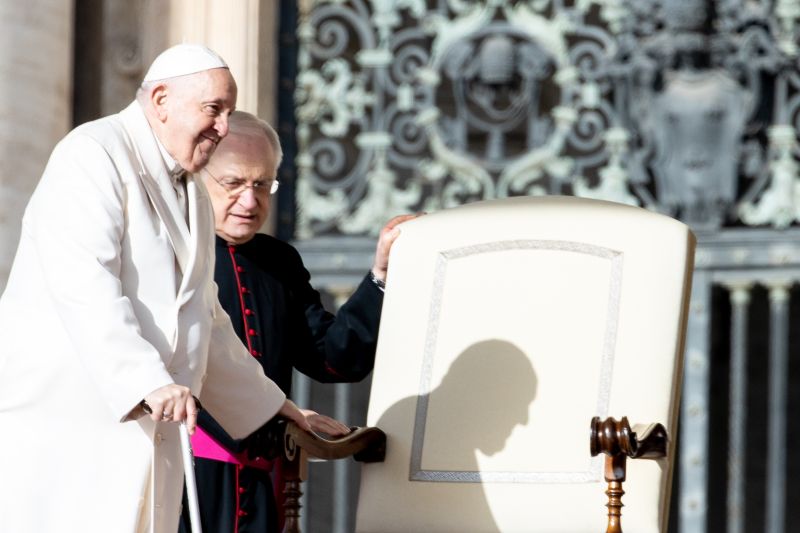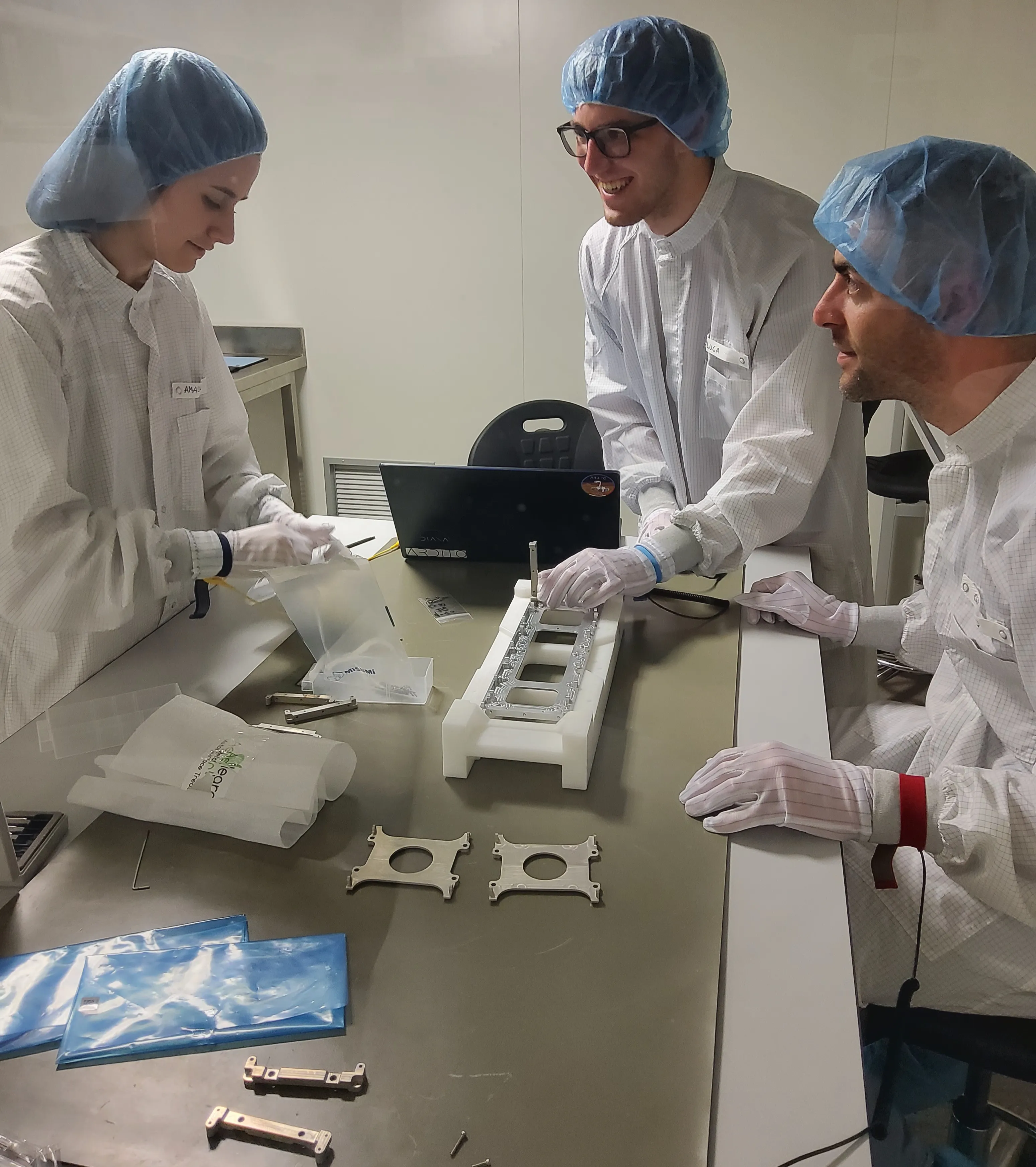
Vatican City, Apr 15, 2020 / 08:05 am (CNA).- Pope Francis prayed for the elderly who are afraid of dying alone at his morning Mass on Wednesday.
“Let us pray today for the elderly, especially for those who are isolated or in nursing homes. They are afraid, afraid of dying alone,” Pope Francis said before Mass on April 15.
The pope said that the elderly are “our roots, our story, our history,” and asked the Lord to be close to them as the world faces the coronavirus pandemic.
As COVID-19 has led to the deaths of more than 125,000 people worldwide, dioceses have sought creative solutions to bring the sacraments to the elderly and the dying. In Chicago, a team of 24 priest volunteers — all under age 60 — administer sacramental anointing of the sick to Catholics with the coronavirus.
In his homily, Pope Francis said that God is faithful to his promises. “Our faithfulness is nothing but a response to God's faithfulness,” he said.
“Our God is a God who works overtime,” the pope said. “Like that shepherd who, when he returns home, realizes that he is missing a sheep and goes, goes back to look for the sheep that has been lost there.”
“God's faithfulness always precedes us, and our faithfulness is always the answer to that fidelity that precedes us,” he said.
Speaking from the chapel of his Vatican residence, Casa Santa Marta, the pope said that God is patient with his people, as he was with the two disciples walking on the road to Emmaus in the Gospel of John.
“God's faithfulness is a patient faithfulness: he has patience with his people, listens to them, guides them,” the pope said.
At the end of the Mass, Pope Francis dedicated a moment of prayer to Mary as the “Regina Coeli” Marian antiphon for the Easter season was sung in Latin:
“Queen of heaven, rejoice, alleluia.
For he whom you did merit to bear, alleluia,
Has risen, as he said, alleluia.
Pray for us to God, alleluia.
Rejoice and be glad, O Virgin Mary, alleluia.
For the Lord has truly risen, alleluia.”
If you value the news and views Catholic World Report provides, please consider donating to support our efforts. Your contribution will help us continue to make CWR available to all readers worldwide for free, without a subscription. Thank you for your generosity!
Click here for more information on donating to CWR. Click here to sign up for our newsletter.








The Elderly – they have served the Planet with their ideas and energies. May they be blessed and comforted in these testing times.
If he allegedly cares, why was he instrumental in cutting off their access to the sacraments?